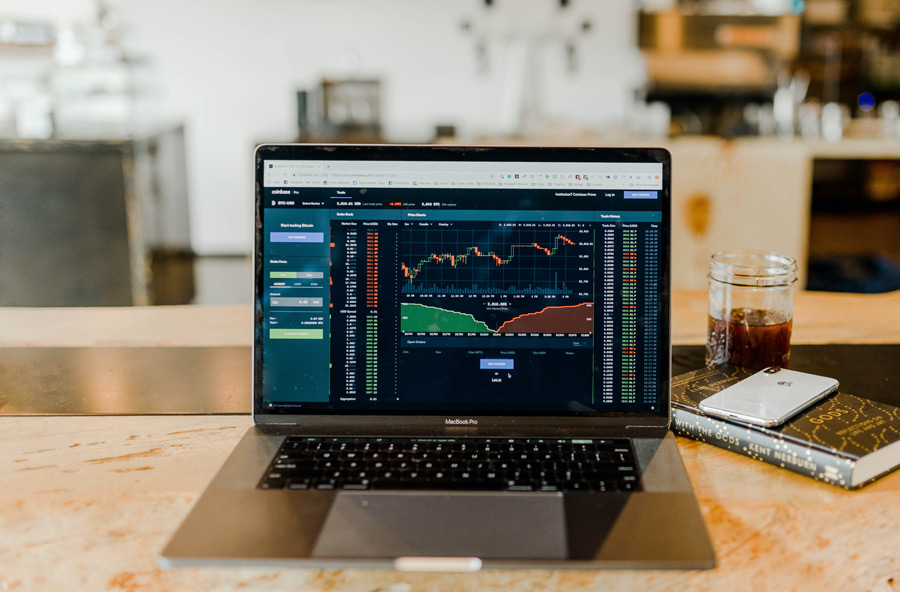AWP 173 December 2017 Working Papers Badri Narayanan G., Yann Duval, Alexey Kravchenko, Deepika Wadhwa
Trade and investment can be effective means of implementation of the 2030 Sustainable Development Agenda. However, stand-alone trade and investment liberalization policies aimed at enhancing economic development may have negative side-effects on non-economic facets of sustainable development. As such, they are best to be accompanied by trade facilitation measures, as well as environmental, social and other complementary policies. In this paper, a computable general equilibrium (CGE) analysis is carried out using a modified Global Trade Analysis Project (GTAP) model and database to empirically evaluate the economic, social and environmental impacts of alternative policy changes in Asia and the Pacific. The CGE analysis confirms that trade and investment liberalization are essential drivers of economic development. The economic growth and trade benefits from trade facilitation generally dwarf those from tariff liberalization and, to a lesser extent, those achieved through investment liberalization. While results vary across subregions in the Asia-Pacific, both trade facilitation and investment liberalization also contribute positively to reducing inequality and undernourishment. However, the CGE analysis shows that liberalization policies increase CO2 emissions at the regional level. Importantly, economic growth in Asia and the Pacific is enhanced when regional liberalization policies are complemented by domestic social policy and global implementation of the environmental commitments under the Paris Accord.


